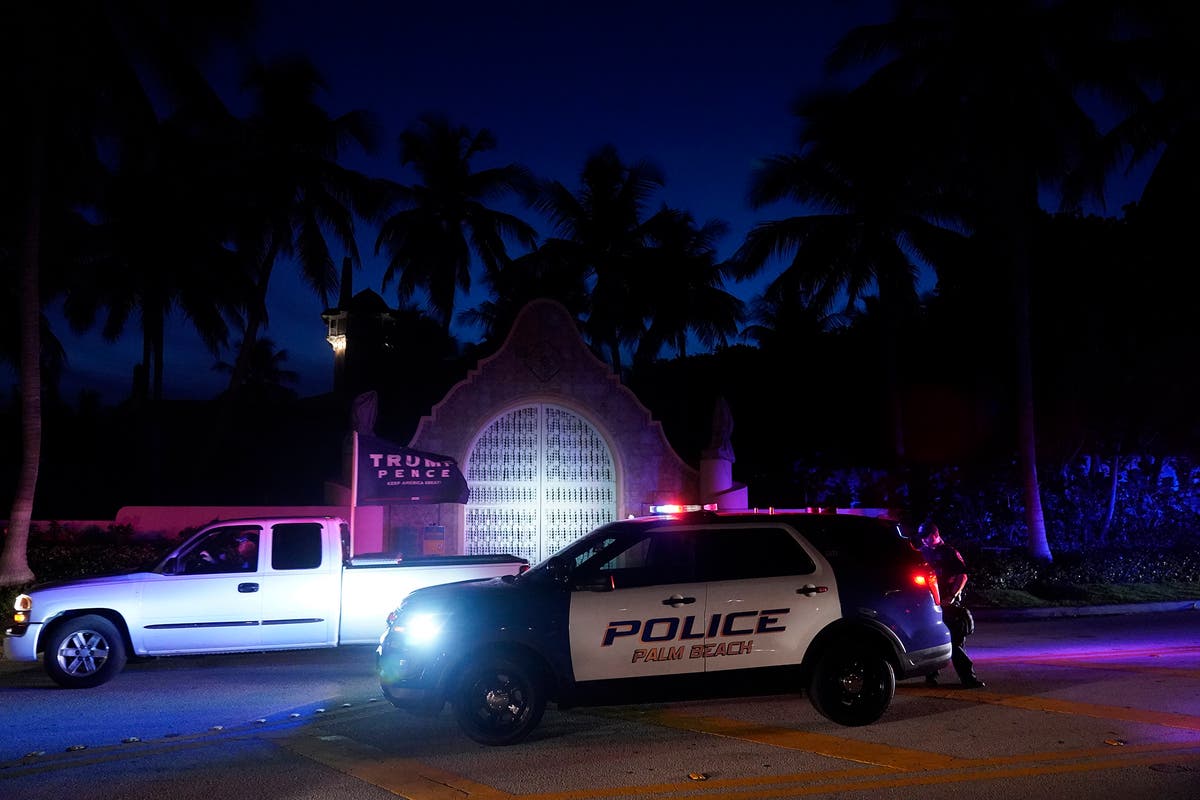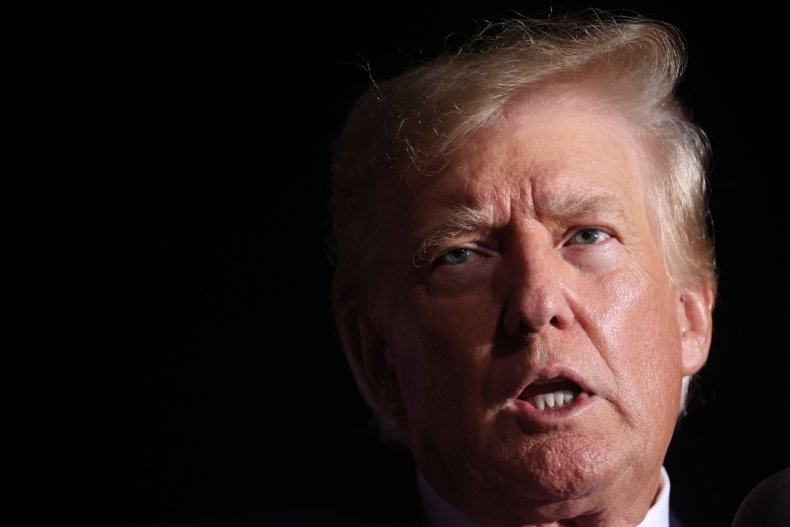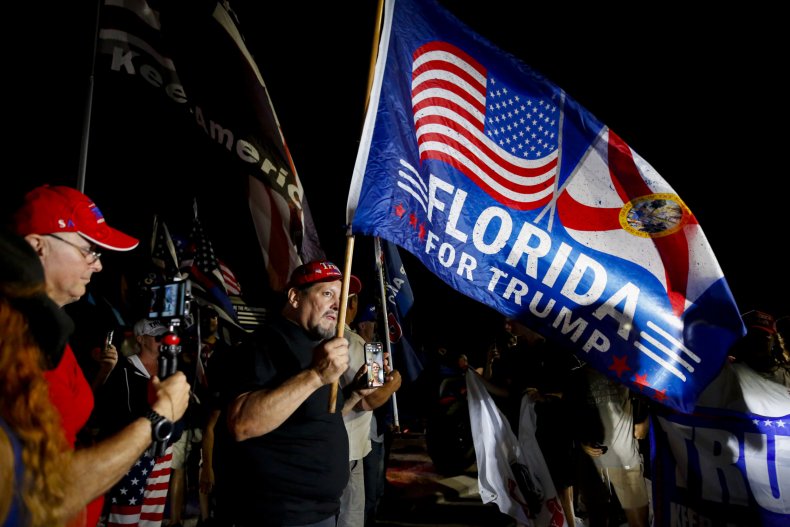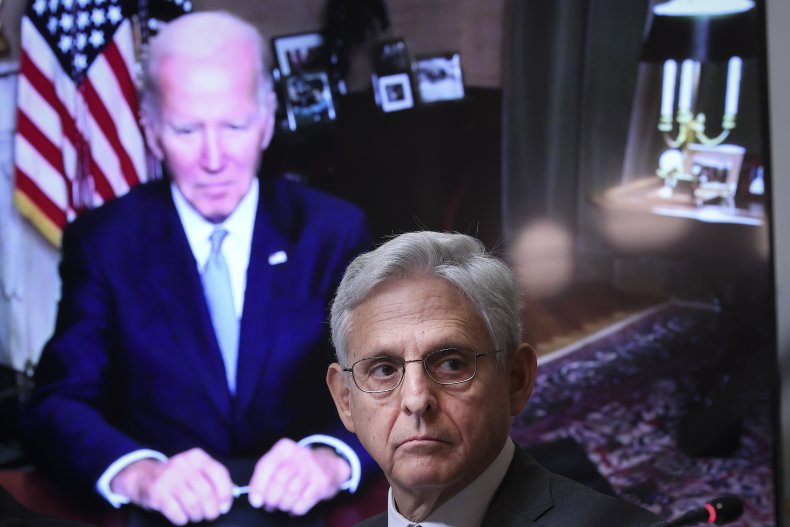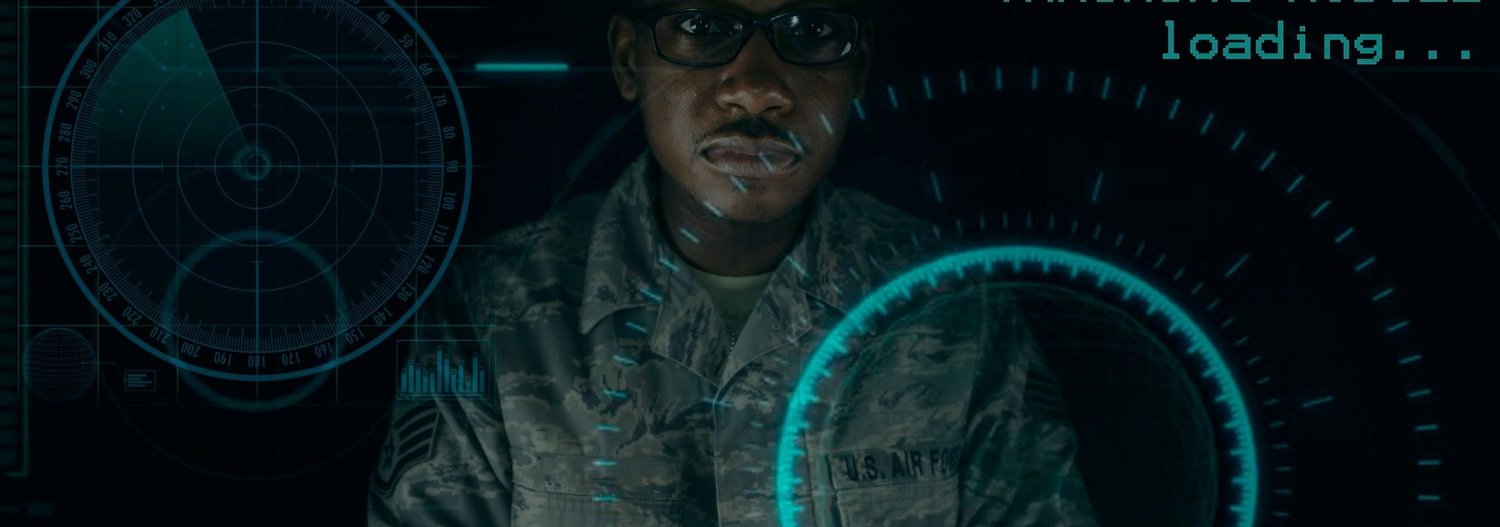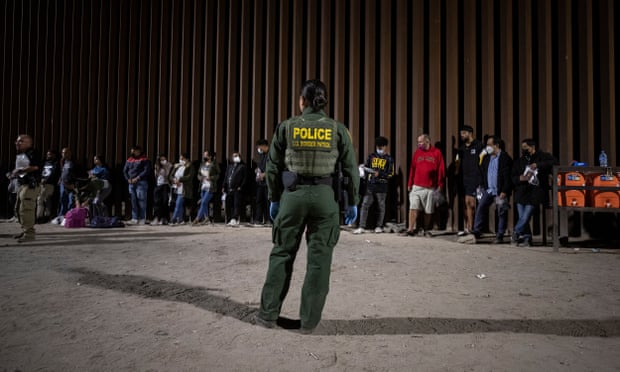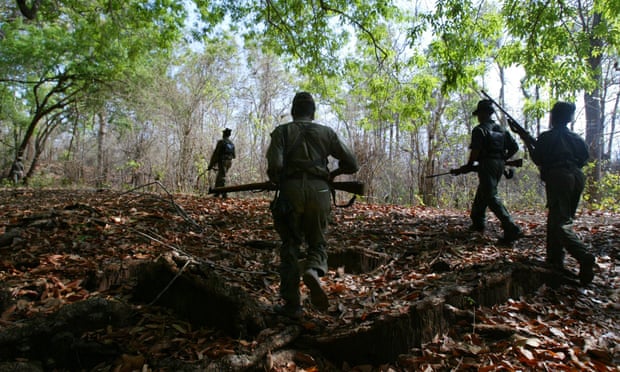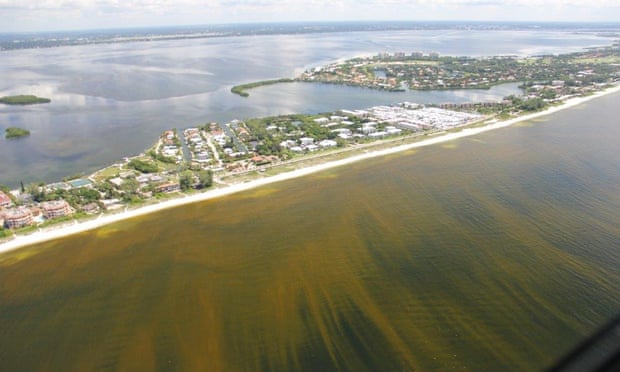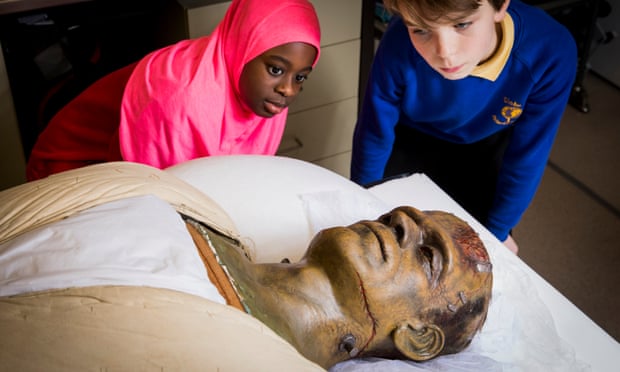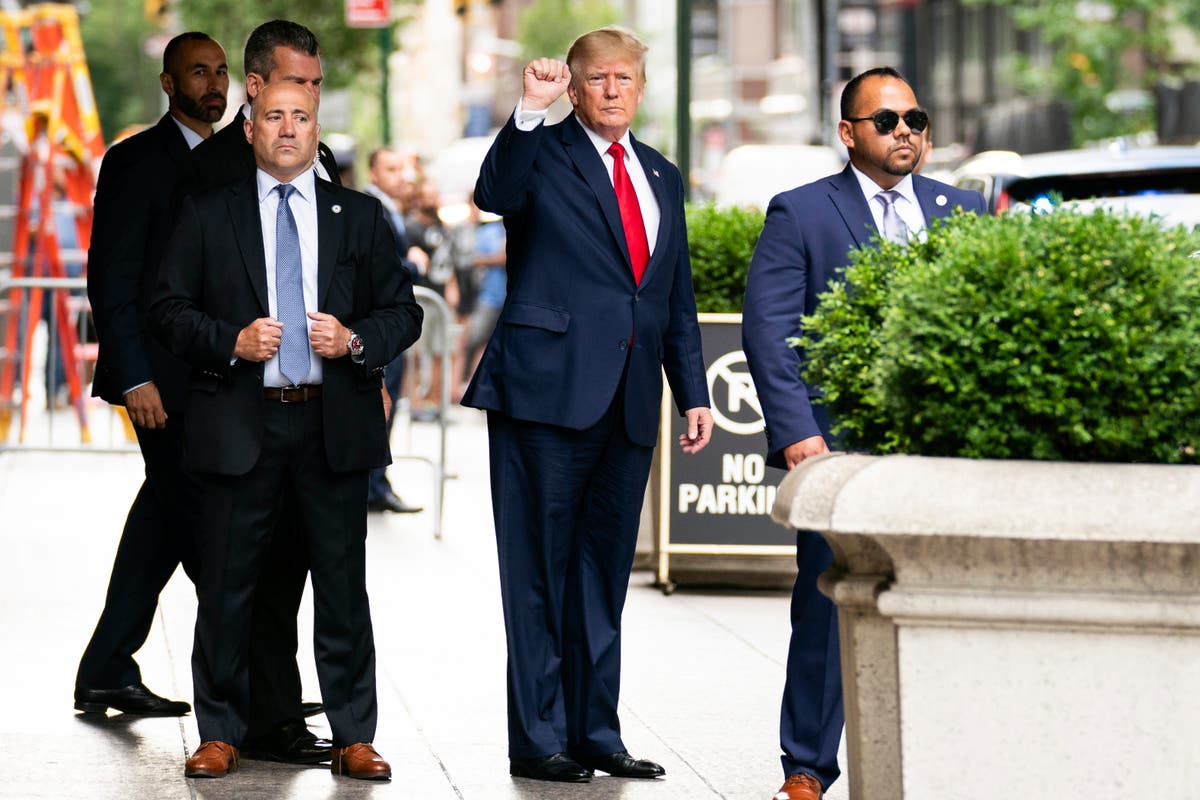
Eric Trump blames Biden administration after FBI raid on Mar-A-Lago
As the fallout from the FBI’s raid on his residence at Mar-a-Lago continues with rumours of a Trumpworld informant tipping off authorities, Donald Trump today pleaded the fifth amendment in his sworn deposition to the long-running New York State probe into his real estate dealings.
Mr Trump has repeatedly condemned the probe as a politically motivated “witch hunt”. His children Ivanka and Donald Jr both recently gave depositions in the civil investigation after months fighting against subpoenas for their testimony.
Meanwhile, reports have revealed that before its raid on Monday, the FBI had already obtained surveillance tapes from Mar-a-Lago via a subpoena to the Trump Organization. Mr Trump and some on his legal team are now suggesting that the bureau may have planted evidence during its search, but they have provided no evidence to support their claims. FBI Director Christopher Wray broke his silence on the search of the former president’s Palm Beach residence on Wednesday but said it was not something he could talk about.
Mr Trump has also accused Joe Biden of knowing in advance that his Florida residence estate was going to be raided, but the White House dismissed the claim as false.
A Republican congresswoman who voted for Donald Trump’s impeachment has conceded a hard-fought primary battle to a challenger endorsed by the former president in Washington state.
“Ever since I was first elected to this seat I have done my very best to serve my home region and our country,” Jaime Herrera Beutler said in a statement released to the media on Tuesday afternoon.
“Though my campaign came up short this time, I’m proud of all we’ve accomplished together for the place where I was raised and still call home.”
Andrew Buncombe reports from Seattle.
Jaime Herrera Beutler does not mention Joe Kent in statement
The Department of Justice obtained security CCTV footage from inside Mar-a-Lago, the Palm Beach, Florida, mansion turned private club where former president Donald Trump maintains an office and residence, before requesting a search warrant for the ex-president’s home.
Andrew Feinberg has the story.
Federal investigators are probing whether Mr Trump violated laws against unauthorised possession of federal records
With each passing day, it becomes harder for a casual observer to distinguish between the post-presidential life of Donald Trump and that of late-season Tony Soprano.
In the past week alone, Mr Trump’s home has been searched by the FBI as part of an investigationg into his handling of classified documents, he has pled the Fifth in a separate case into his business dealings in New York, and now, according to several reports, he is trying to flush out a rat in his orbit.
Read more from The Independent’s Richard Hall.
Trumpworld is “abuzz” with rumours that a close aide to the former president has “flipped,” according to reports
Former president Donald Trump on Wednesday declined to answer questions and invoked his right against self-incrimination during a deposition with investigators working for New York Attorney General Letitia James’ office.
“Under the advice of my counsel and for all of the above reasons, I declined to answer the questions under the rights and privileges afforded to every citizen under the United States Constitution,” Mr Trump said at the end of a lengthy, rambling statement filled with attacks on Ms James, who has been overseeing a long-running probe into whether Mr Trump’s eponymous real estate company violated New York tax laws.
Ms James was not the only target for Mr Trump today as he peddled a conspiracy theory that the FBI had planted evidence during its search of his Ma-a-Lago estate in Palm Beach.
Andrew Feinberg reports on the former president’s not-so-good week.
Former president acknowledges his previous claims that anyone invoking their right against self-incrimination must be guilty
FBI Director Christopher Wray spoke publicly on Wednesday afternoon for the first time about his bureau’s search of former President Donald Trump’s Mar-a-Lago residence.
Mr Wray says he can’t talk about the raid as some Republicans decry his leadership
During a post-race interview with Nascar driver Brandon Brown in October 2021, newscaster Kellie Stavast believed the crowd behind him – clearly chanting “f*** Joe Biden” – was instead cheering him on with “let’s go, Brandon”.
“Let’s go, Brandon” or even just “Brandon” quickly became shorthand on the American right to broadcast a middle finger to the president, a rallying cry plastered on T-shirts, bumper stickers, yard signs and across the internet.
It was later adopted broadly to criticise the administration and express disappointment with a president critics perceived as woefully ill-equipped for reality.
Alex Woodward reports on how after a string of “good news” for the Biden agenda, White House officials elevated a meme from terminal online obscurity, reclaiming ironic images of a tired and gaffe-prone president cast as a demi-god-like figure.
The fascist ‘Dark MAGA’ aesthetic flourished in fringe online spaces with explicit calls for violence. Liberals embraced Joe Biden’s ironic transformation as a laser-eyed antidote, Alex Woodward reports
A local newspaper revealed that Republican Senator Mike Lee of Utah holds an alternative Twitter account called “BasedMikeLee”, which his office called his “personal account”.
A source close to Mr Lee confirmed to The Salt Lake Tribune that he operates the Twitter account, which includes a number of snarky and snide comments…
Eric Garcia has the story.
Utah Senator Mike Lee reportedly runs @BasedMikeLee Twitter account
FBI Director Christopher Wray has spoken out for the first time since the bureay searched former President Donald Trump’s Mar-a-Lago estate.
Mr Wray, who was appointed by Mr Trump, told reporters in Omaha, Nebraska, that he couldn’t get into the details.
“Well, as I’m sure you can appreciate that’s not something I can talk about,” he said.
Fox News has not been enamoured of the FBI’s raid on Donald Trump’s Mar-a-Lago residence as the former president’s legal troubles rapidly mount.
Fox News hosts and other leading figures in the Republican Party and conservative movement have decried the FBI’s raid on Mr Trump’s residence as an politically motivated overreach of government power. But as a Daily Show video juxtaposing Fox News commentary on the FBI investigation of the Hillary Clinton’s email scandal with footage of Mr Trump shows, the network’s hosts have not always been so opposed to FBI intervention.
The Daily Show reminds viewers that Fox News was all in favour of an FBI investigation when Mr Trump’s opponent was the one being investigated
President Joe Biden’s approval rating increased to its highest level since June, according to a new survey from Reuters/Ipsos that was completed on Tuesday.
Eric Garcia looks at the latest figures.
Comes as Biden signs a series of legislation.
Registration is a free and easy way to support our truly independent journalism
By registering, you will also enjoy limited access to Premium articles, exclusive newsletters, commenting, and virtual events with our leading journalists
Already have an account? sign in
Registration is a free and easy way to support our truly independent journalism
By registering, you will also enjoy limited access to Premium articles, exclusive newsletters, commenting, and virtual events with our leading journalists
Already have an account? sign in
Former President Donald Trump gestures as he departs Trump Tower, Wednesday, Aug. 10, 2022, in New York, on his way to the New York attorney general’s office for a deposition in a civil investigation. (AP Photo/Julia Nikhinson)
AP
Please refresh the page or navigate to another page on the site to be automatically logged inPlease refresh your browser to be logged in


